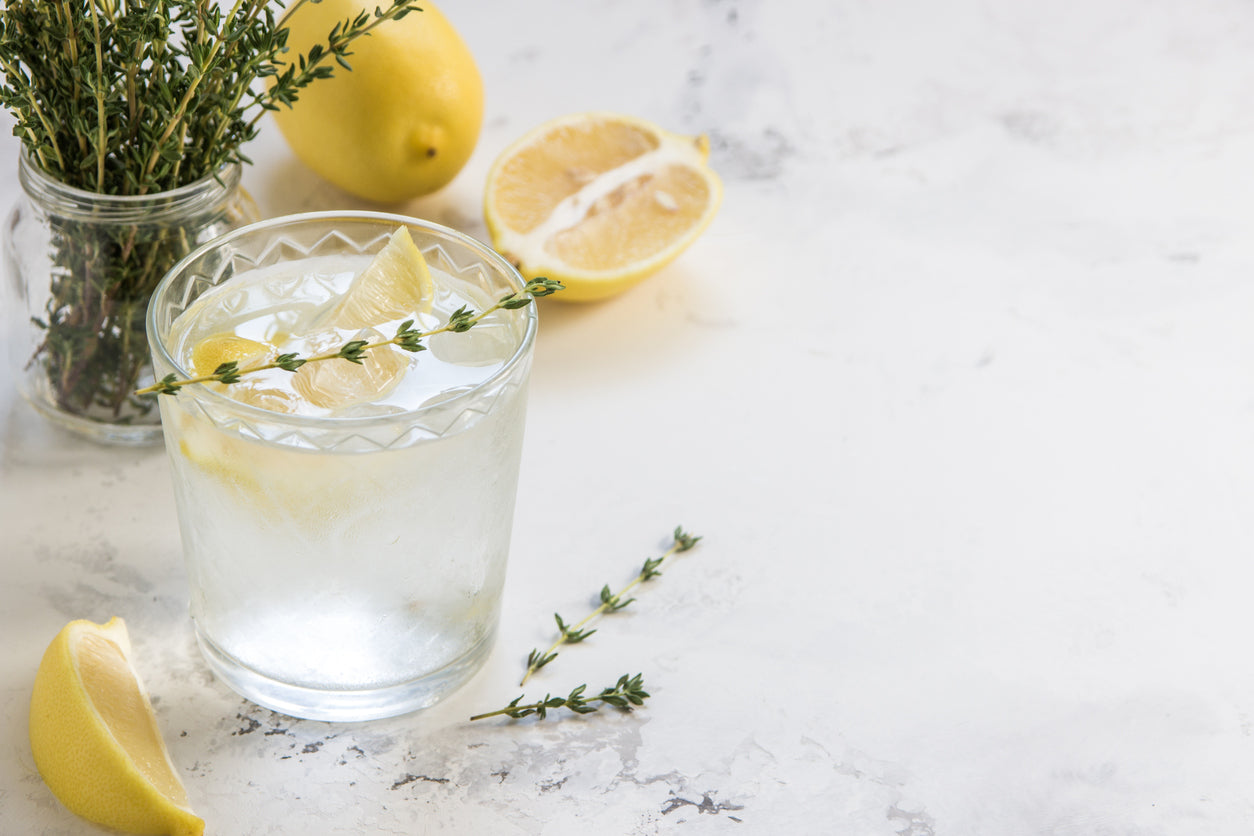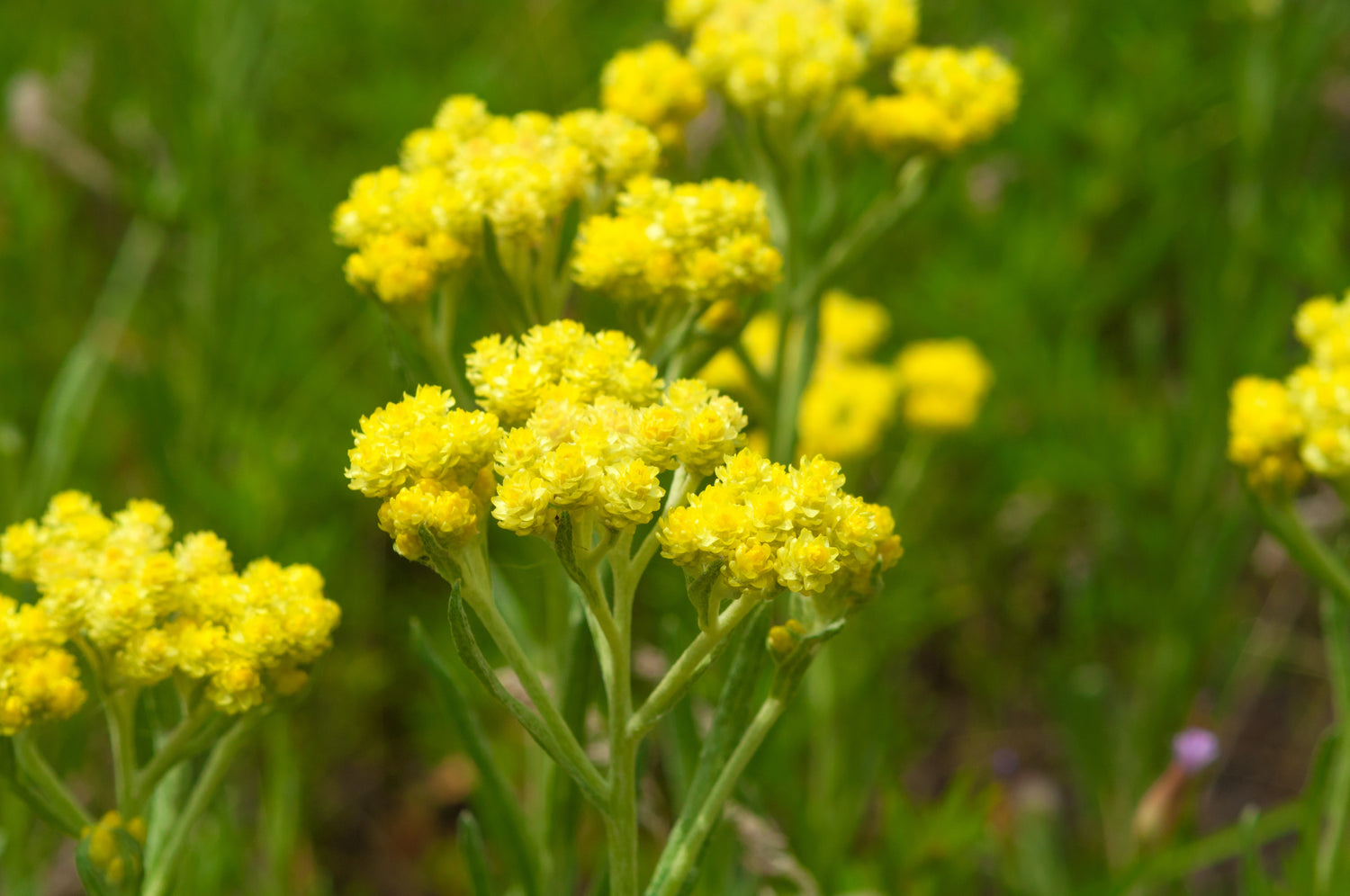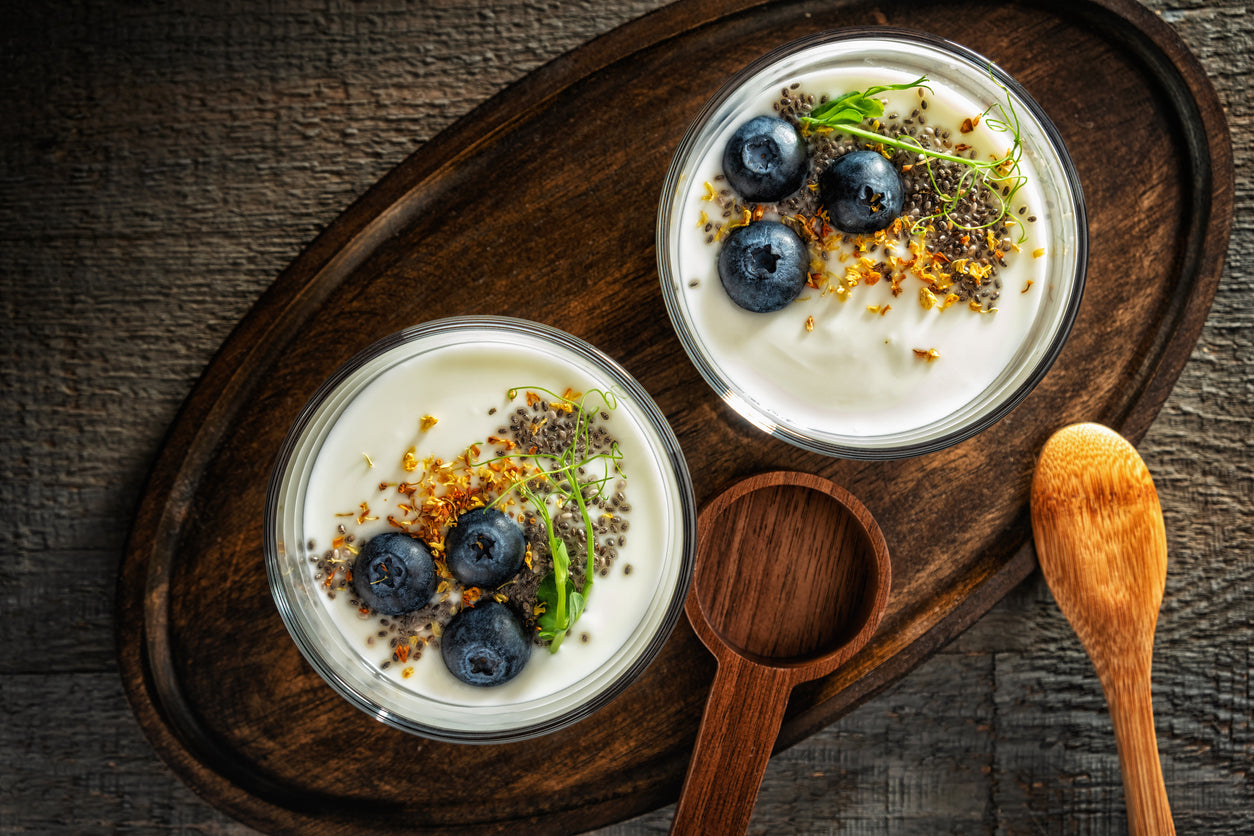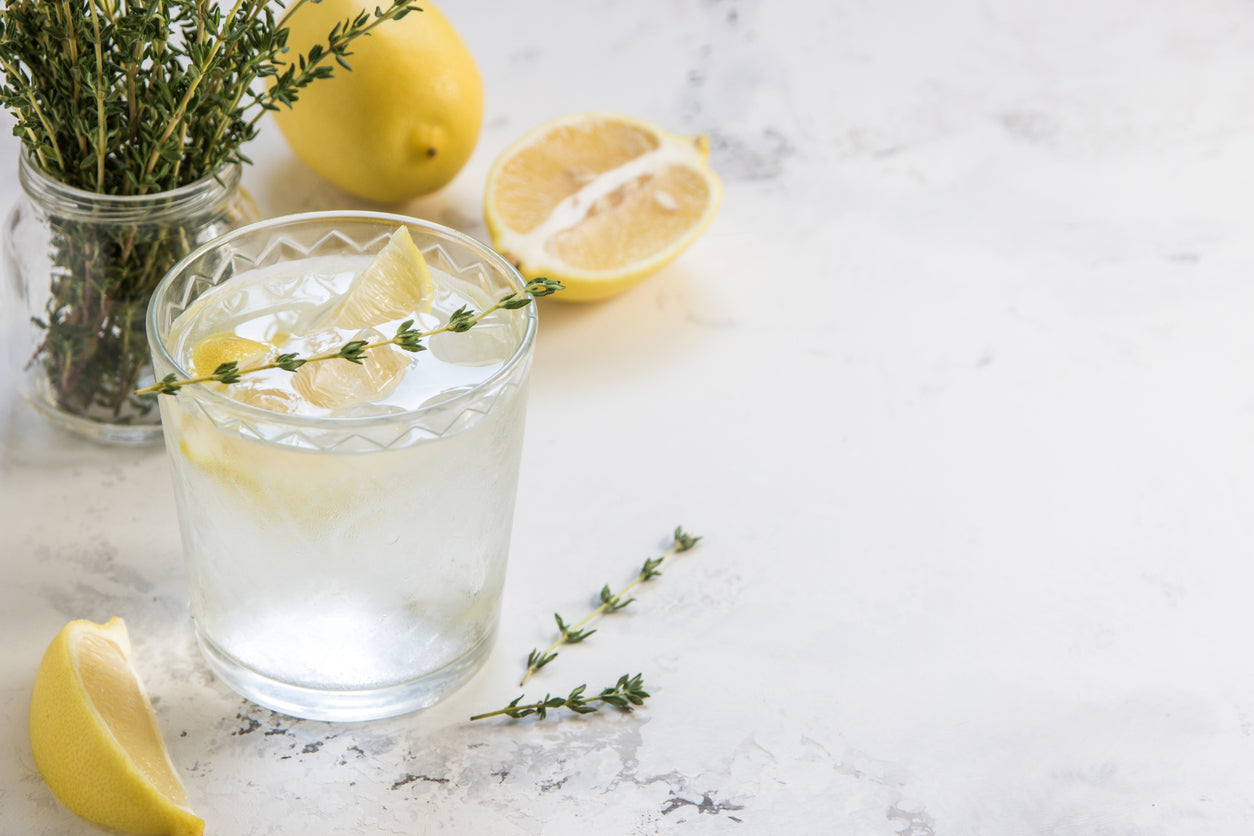It’s late spring, the days are getting longer, and the weather is slowly but irrevocably warming up. Finally! It feels good to step out again, take in a little sun, go for a long walk or spend a day with the kids in the park, and start exercising with more purpose and greater intensity again.
For many of us, warm weather is the fuel our body has been deprived of during the cold, dark months of winter. But while increased physical activity can strengthen our muscles, protect our bones and joints from injury, improve our mood, and help us sleep better–possibly even lose some weight–it can also hurt us. Especially if we don’t hydrate ourselves properly.
The role of water in our bodies
As a rule of thumb, we can last up to six weeks without food, but only three days without water. And it could be even less than that, depending on our age, overall health, height and weight, sex, and activity levels.
The reason we need to replenish our water intake sooner than our food intake is that our bodies have much more food reserves in storage than water reserves. But it goes beyond even that. Water is vital to our health, because it is one of only six nutrients essential for life (the other five being fat, carbs, proteins, vitamins, and minerals.) Water plays a key role in so many of our body's functions, as it carries nutrients and oxygen to every cell in the body; helps convert food into energy; protects and cleanses our vital organs; lubricates our joints; moistens the oxygen we breathe; and regulates our body temperature.
So what happens when we experience even mild dehydration, as little as a 2% loss of water? Our bodies stop working as they should, and we begin feeling tired, cranky, or irritable; we stop thinking clearly; essential functions like circulation start to malfunction; and we risk underperforming in whatever we do. (And it’s one thing to underperform sitting at an office, and a completely different thing sitting behind a car’s steering wheel, to mention but one example)
Signs of dehydration
According to the United Kingdom’s NHS, symptoms of dehydration in adults and children include:
● feeling thirsty
● having a dark yellow, strong-smelling pee
● peeing less often than usual
● feeling dizzy or lightheaded
● feeling tired
● experiencing body aches or headaches
● having a dry mouth, or skin
Such symptoms should alarm us, and we should seek professional health as soon as possible. But it’s equally important to remember that the problem of dehydration arises because, often, we tend to underestimate how much water our bodies need. So how do we protect ourselves in the first place?
7 ways to stay properly hydrated
1. To begin with, we should drink a glass of water or juice first thing in the morning. Our belly is empty when we wake up, and our body is dry. Drinking water in the morning helps our body recover from its nightly dehydration. And as our body absorbs water faster on an empty stomach, we can reap the benefits faster.
2. To meet our body’s needs in water, we should remember to drink regularly throughout the day, rather than only with our meals. And no, the claim that drinking water shortly before or while you eat dilutes the digestive juices is wrong. In fact, drinking water during or after a meal helps our body digest our food better.
3. It’s also good to remember that fluids are more easily absorbed when they are cool. This is particularly useful in warm weather. The American College of Sports Medicine recommends that drinks should be cooler than room temperature. This is because cold drinks have a cooling effect on the body and are more palatable, which helps athletes, and everyone else who sweats a lot, to drink more.
4. We should make it a habit to carry a water bottle, especially on hot days. Avoiding unnecessary exposure to the summer sun can also prevent our body from suddenly overheating.
5. We should use the color of our urine as a guide for how well we are hydrated. If we go to the bathroom regularly and our urine is light yellow, we are drinking enough. If it is dark yellow, we should drink more.
6. Taking our medications with plenty of water is also very important, for a number of reasons. Water helps the absorption of the medication, and thereby maximizes its effectiveness. In addition, water is essential for our kidneys to process and excrete waste from our medication.
7. We should always drink water before we get thirsty. Thirst is a clear sign that our body is already dehydrated. We should keep drinking regularly throughout the day, even after our thirst is quenched.
Keeping hydrated is not all about water
Water is always the first choice for staying hydrated. But for those who find water a bit too plain, herbal teas are a great alternative.
Our caffeine-free ATHONITES ORGANIC HERBAL BLENDS from certified biological cultivations on Mount Athos are herbal teas that help people detoxify, reduce stress, improve digestion, and sleep better. Created by a certified botanist/tea sommelier, our four organic herbal blends can be enjoyed warm or cold, making them a flavorful alternative to plain water when the weather turns hot.
Finally, we shouldn’t forget to keep our skin well hydrated during summer. As we sweat in order to release the excess heat accumulated in our body, we naturally lose a lot of skin moisture. Keeping our skin properly moist is therefore as important as keeping the rest of our body well hydrated.
Our ATHONITES SOOTHE AND HYDRATE FACE MIST, ATHONITES RESTORE AND REVITALIZE 24H MOISTURIZING FACE CREAM, and ATHONITES VITALIZE AND HYDRATE BODY CREAM, are all made with natural origin ingredients and water from the natural springs of Mount Athos. Together, they hydrate and nourish the skin, offering it extra protection even against a scorching summer sun.
In adult women, the body is made of about 55% water. In adult men, about 60% is water. With so much to lose, our proper hydration should be one of our priorities all year round, and even more so during the summer.





